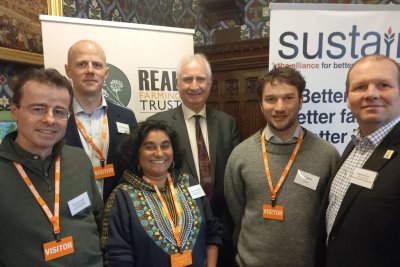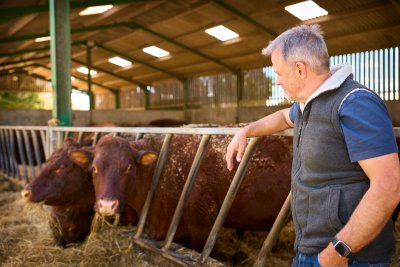“I accept that the finfish catching sector is understandably disappointed with the EU transition agreement and in particular the fisheries policy within that. However, there are a lot of businesses, especially those that export to the EU that have told us they need more time and greater certainty with what happens immediately after March 2019.”
Sixty per cent of UK shellfish exports go to EU markets, and the minister gave assurances that fishing interests would not be “trade-off victims” or “sacrificed” for other, more lucrative deals in the negotiation process.
George Eustice was speaking at the Shellfish Association of Great Britain (SAGB) Annual Conference in London. He told delegates that Defra is looking closely at what catch certificates, if any, will be necessary for exports to the EU, what framework needs to be in place to enable that flow, as well as what will replace the European Maritime and Fisheries Fund (EMFF) grants that have become “particularly important” for nurturing the UK’s growing aquaculture sector.
“Aquaculture is a key part of our plans. My view is that if dealt with correctly, it will get greater certainty with regard to incoming marine plans regarding such things as licensing. I know we are not there yet, but that is what the marine plans should be doing – we are hoping to give you greater clarity, certainty and to speed up the process," Eustice said.
Read more details on SeafoodSource
Read Sustain’s priorities for post-Brexit sustainable fishery policy
Sustainable Fish: A campaign to protect precious marine environments and fishing livelihoods, and call for fish to be bought from sustainable sources. We want to show what can be done if people and organisations make a concerted effort to change their buying habits.








